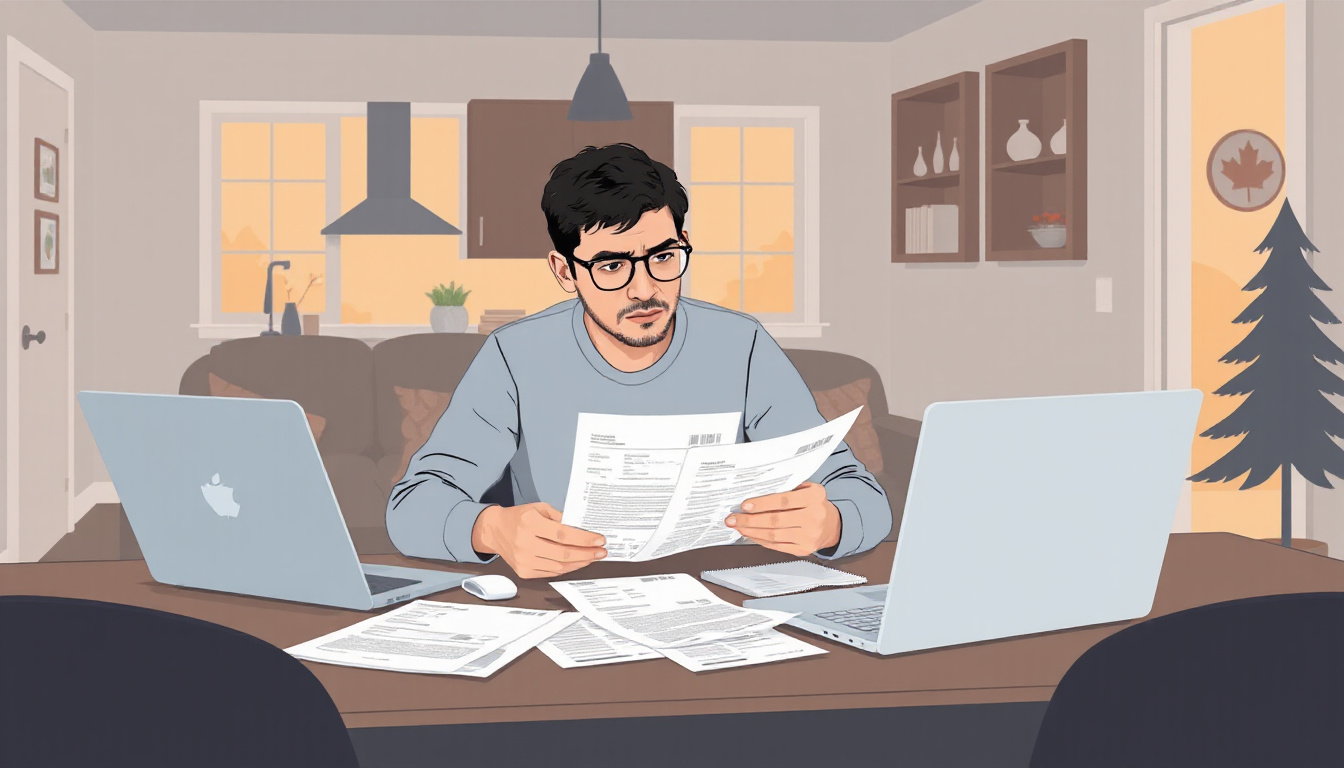Managing finances can be challenging, especially when faced with multiple debts. A Debt Management Plan (DMP) is a popular option for individuals looking to regain control of their finances by consolidating and reorganizing their debts. One concern that often arises is whether a DMP will affect your utility bills. This article will delve deeper into understanding DMPs, how they can impact utility costs, and what you can do to manage these expenses effectively while enrolled in a DMP. Additionally, we will explore alternatives that may help with your utility bills. By the end, you will have a clearer understanding of how a DMP might fit into your overall financial strategy.

Key Takeaways
- Debt Management Plans (DMPs) aim to consolidate and reduce debt payments.
- DMPs can indirectly affect utility bills by improving overall financial management.
- By prioritizing utility costs, individuals can maintain their services while on a DMP.
- Exploring alternatives to DMPs may provide additional options for managing utility expenses.
- Effective budgeting is crucial to keeping utility bills manageable during a DMP.
Understanding Debt Management Plans (DMPs)
## Understanding Debt Management Plans (DMPs)
Debt Management Plans (DMPs) are structured financial strategies designed to assist individuals struggling with unmanageable debt. These plans involve working with a credit counselling agency to develop a personalised repayment plan that fits within your budget. While the primary goal of a DMP is to help you pay off debts, it’s essential to understand how these plans can impact various aspects of your financial life, including your utility bills. Generally, enrolling in a DMP means you will be making consistent monthly payments toward your debts, which can help free up money that might otherwise have gone toward late fees or high-interest charges. This can potentially give you more flexibility in managing regular expenses, including utilities. However, it’s crucial to note that while a DMP won’t directly change your utility rates, the overall improvements in your financial management may allow you to maintain better control over these bills. If you’re considering a DMP, weigh the benefits against the impact on your overall financial situation to ensure that you’re making the best decision for your circumstances.
How DMPs Impact Utility Bills
A Debt Management Plan (DMP) is primarily designed to help individuals manage their unsecured debt, such as credit card payments and personal loans. However, many Canadians wonder, ‘Will a Debt Management Plan affect my utility bills?’ The short answer is that a DMP itself does not directly impact utility bills. Utility companies typically do not consider a DMP when assessing your ability to pay bills for services like electricity, water, or gas.
Nevertheless, there can be indirect effects. For example, while you are working with a DMP to reduce your debt repayments, your disposable income may decrease as you allocate funds towards your debt repayment plan. This may lead you to prioritize essential bills, including utilities, over discretionary spending. If you fall behind on utility payments, it could result in late fees or even service interruptions. Thus, while a DMP can help improve your overall financial health in the long run, it’s vital to ensure that your utility payments remain a priority during this time.
‘Beware of little expenses; a small leak will sink a great ship.’ – Benjamin Franklin

Managing Utility Costs While on a DMP
Managing costs while enrolled in a Debt Management Plan (DMP) is a crucial concern for individuals striving to regain financial stability. One common question that arises is: Will a Debt Management Plan affect your utility bills? The answer is multifaceted and involves understanding how a DMP functions alongside your existing financial obligations.
A Debt Management Plan is designed to help you manage your debt more effectively by consolidating payments to creditors, often resulting in lower interest rates or waived fees. While a DMP directly targets secured and unsecured debts like credit cards and loans, it does not change the amount you owe for utilities. Your utility bills—such as electricity, gas, water, and internet—remain separate financial responsibilities.
However, since being in a DMP often leads to tighter budgeting, you may find that managing utility expenses becomes a higher priority. It’s essential to distinguish between the effects of a DMP on your overall financial landscape and the independence of your utility bills. Many Canadians experience improved budgeting skills when adhering to a DMP, enabling them to pay utility bills on time more consistently.
Ultimately, while a DMP won’t directly influence the rates or terms of your utility services, it can significantly impact how you manage your finances, potentially leading to more effective utility cost management. As you work through your DMP, regularly reviewing your utility bills for inaccuracies, exploring energy-saving options, and considering government assistance programs may also help alleviate some financial pressure.
Alternatives to DMPs for Utility Bill Management
## Alternatives to DMPs for Utility Bill Management
When you find yourself struggling to manage utility bills alongside your other debts, you may wonder, ‘Will a Debt Management Plan affect your utility bills?’ The good news is, there are alternatives available that can help you manage your utility payments without necessarily enrolling in a Debt Management Plan (DMP). Here are a few options to consider:
1. Budgeting Programs: Establishing a strict budget can help you prioritize your essential expenses, including utility bills. By tracking your income and spending, you can create a spending plan that allocates a specific amount each month to cover your utilities.
2. Payment Plans: Many utility companies offer payment plans that allow you to pay your bills in manageable increments. This can ease the burden of a large utility bill in any given month while keeping your service active. Always communicate with your utility provider to discuss what options they may have.
3. Energy Efficiency Programs: In some provinces, energy suppliers run programs aimed at helping consumers reduce their utility costs by improving energy efficiency in the home. This may include home assessments and subsidies for energy-efficient appliances.
4. Consumer Financial Protection Services: There are non-profit organizations that offer financial counselling and assistance programs specifically for managing utility bills. They can provide you helpful resources or connect you to grants and financial aid programs for low-income families.
5. Bill Assistance Programs: Many provinces also have programs designed to help low-income families with their utility payments. Research local resources to find out if you qualify for assistance that can ease your financial strain.
Using one or a combination of these alternatives could not only help you maintain control over your utility bills but also prevent the need to enter a DMP, which can have repercussions on your credit and may not directly influence your utility expenses. Always consider consulting a financial advisor to explore the best strategy tailored to your situation.
Frequently Asked Questions
What is a Debt Management Plan (DMP)?
A Debt Management Plan (DMP) is a structured repayment plan facilitated by a credit counseling agency to help individuals manage and repay their unsecured debts, such as credit cards, medical bills, and personal loans.
Will enrolling in a DMP reduce my utility bills?
No, enrolling in a DMP will not directly reduce your utility bills. However, by managing your debts more effectively and possibly lowering your overall monthly payments, you may have more disposable income to pay your utility bills on time.
How can I manage utility costs while on a DMP?
To manage utility costs while on a DMP, consider setting a budget that prioritizes essential payments, seek financial counseling for additional strategies, and explore utility assistance programs offered by local or state agencies.
Are there alternatives to DMPs for managing my utility bills?
Yes, alternatives to DMPs for managing utility bills include negotiating directly with utility providers for payment plans, seeking assistance from local charities or government programs, or adjusting your usage habits to lower monthly bills.
Will a DMP affect my credit score and, in turn, my utility services?
While a DMP can impact your credit score as it shows you are receiving help with your debt, it does not directly affect your utility services. However, having a better credit score post-DMP may help you secure better payment plans or rates in the future.
